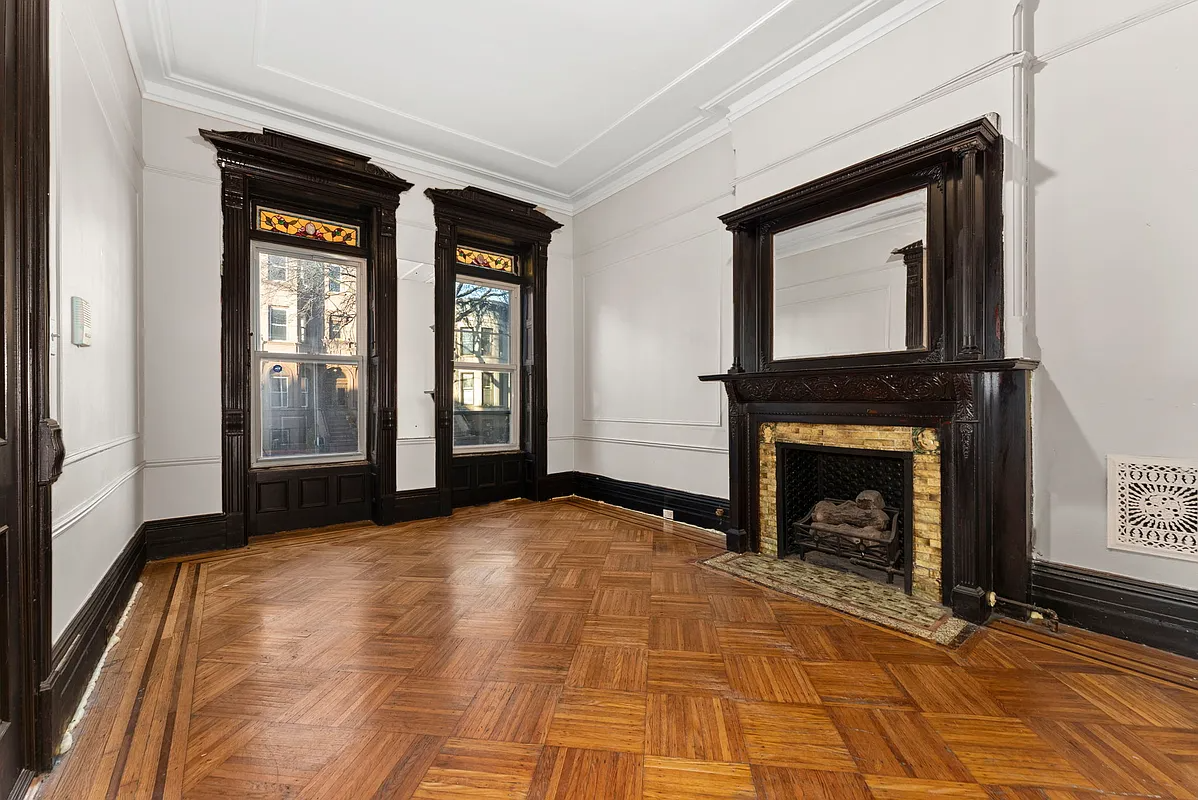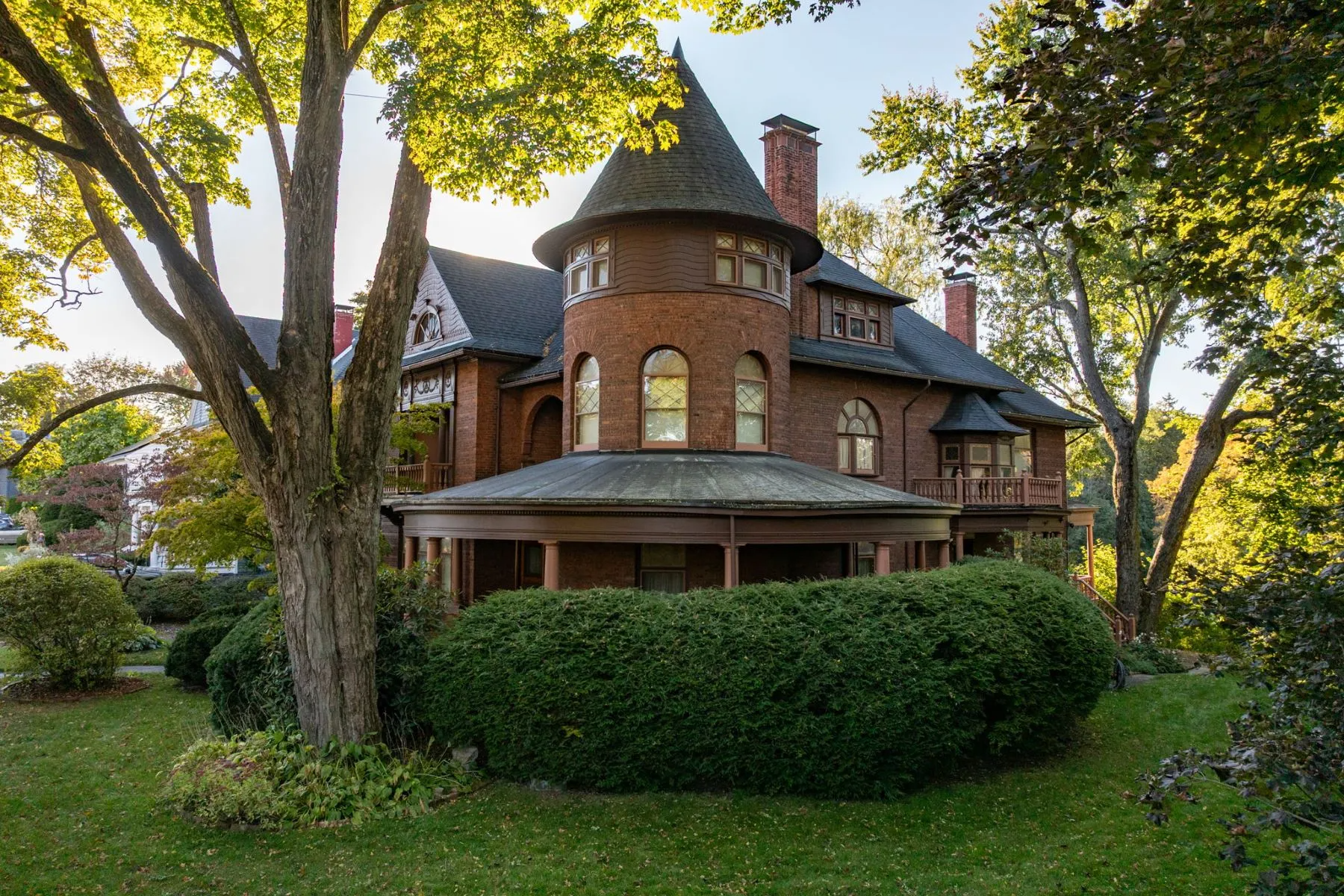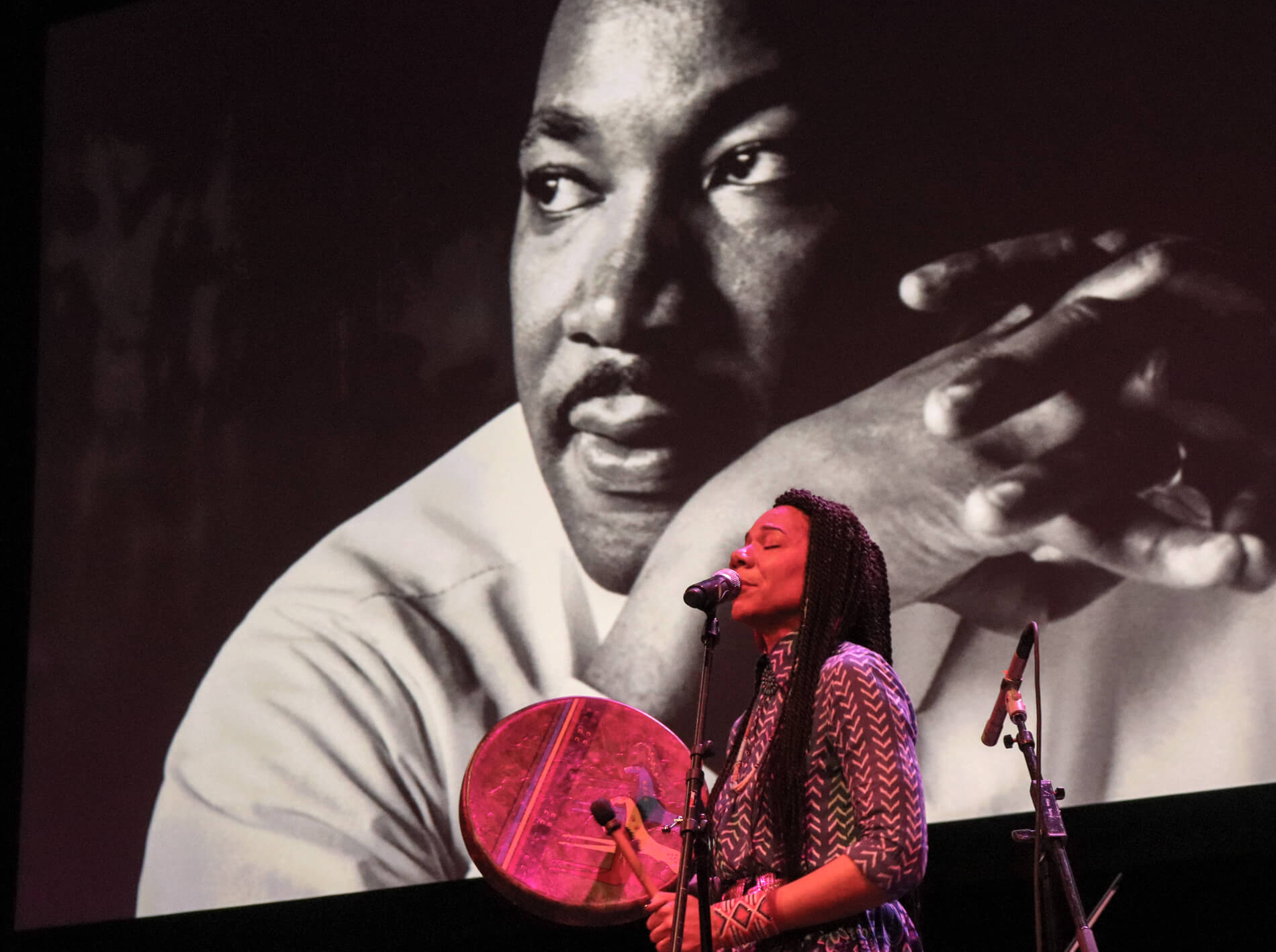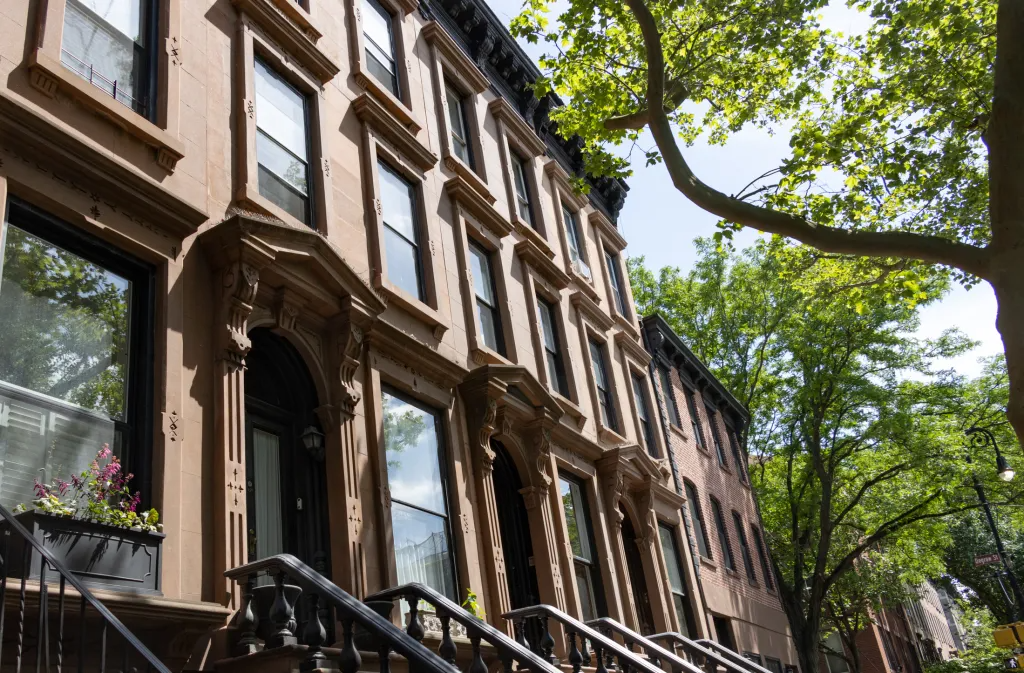Open House Picks: Apartments
Park Slope 125 Prospect Park West, #3B 2 BR Co-op Corcoran Sunday 12-2 $849,000 GMAP Williamsburg 26 Broadway, Multiple Units 2 BR Condo Aptsandlofts.com Sunday 1-4 $715,000 GMAP Cobble Hill 174 Pacific Street, #4E 1 BR Loft Co-op Brown Harris Stevens Sunday 2-4 $625,000 GMAP Clinton Hill 201 Clinton Avenue, #9C 2 BR Co-op Corcoran…

 Park Slope
Park Slope
125 Prospect Park West, #3B
2 BR Co-op
Corcoran
Sunday 12-2
$849,000 GMAP
 Williamsburg
Williamsburg
26 Broadway, Multiple Units
2 BR Condo
Aptsandlofts.com
Sunday 1-4
$715,000 GMAP
 Cobble Hill
Cobble Hill
174 Pacific Street, #4E
1 BR Loft Co-op
Brown Harris Stevens
Sunday 2-4
$625,000 GMAP
 Clinton Hill
Clinton Hill
201 Clinton Avenue, #9C
2 BR Co-op
Corcoran
Sunday 2:30-4
$455,000 GMAP





3:12 poster here again.
Do not agree that the housing boom in NYC drove the local positive fundamentals. First, NYC is an anomaly. It is a renters city (something like 75%). For better or worse, participation in wealth created by increasing real estate values has been narrow. Second, while the housing boom did drive residential construction, NYC has commercial construction to pick up the slack now that residential real estate is soft. This is different than many parts of the country. NYC is going to see a large amount of commerical construction activity since commercial space is scarce right now. I know this for a fact since my business leases space and our lease is expiring. Our rent is tripling from when we signed the lease 10 years ago. If unemployment stays solid, so will housing.
All that said, poster at 4:09 is right. The huge price increases over the past few years isn’t the norm. When I do my own financial planning, I guestimate annual house apprecitation for my house at 1%-3% over the next 10 years. At that appreciation rate, house values go up by 10%-35% with the increase in value not subject to capital gains. During that 10 year time you get the benefit of mortgage interest tax deductibility + a reasonable stable monthly housing payment (unlike rents which will climb faster than 1%-3% per year). Lastly, as an owner you control the property you live in, not some landlord. Still seems like owning is better than renting.
Anon 11:39 here – perhaps you are right, Anon 3:12, but it amazes me how many people assume property values will always go up. I remember looking at a studio in Brooklyn Heights for something like $90,000 in the late ’80s, which was too expensive for me to buy. A few years later, you could buy a 1 bedroom for $65,000. I would bet we are not yet at a low, but hopefully, due to the reasons you mention, the fall won’t be too hard. But the huge increase in prices in just a few years in some neighborhoods just isn’t the norm.
Anon 12:39 here – I think that some of those positive fundamentals have been driven by the booming property market. As prices soften and homeowners are unable to tap their homes for credit, the economy will slow down, unemployment will go up, and the housing market will soften/fall/crash yet again.
To Anonymous 11:39 who lived in the City in the late 1980s and 1990s and saw the bubble burst first hand, let’s look at what’s different.
Then: stock market crashed in 1987, down 25% in 2 days. Now: stable to low growth market.
Then: nyc unemployment went rate from 5% to 10% in 5 years (87 to 92). Now: unemployment rate = 5% down from 8%+ 5 years ago.
Then: 1-year treasury rates at 8%-9%. Now: 5%.
Then: 3,000+ murders annually with crime driven by the crack epidemic. Now: 500+ murders annually.
Then: Gulf War. Now: Gulf War.
Oh well, not everything is better.
I moved to Brooklyn in 1983 and the period from then until the early 90s was not comparable to today. It is so much bettter now and that has shown up in real estate prices. Clearly the market is softer (and saner now), but there is no comparision to the late 80s early 90s when real estate did tank. The fundamentals now are still too good.
thanks, anon 2:11, good suggestion. i guess that’s what people end up having to do, if they really want to own. i’ll definitely factor that in, if i start looking in earnest again.
and anon 11:31, temper, temper. are you a broker? have you found that being condescending is a good sales strategy? “a million barely gets you in the door”? that’s just blatantly untrue, as evidenced by today’s open house picks.
it’s not delusional to think that i might be able to afford a 2 bedroom in a decent neighborhood if prices went down. if i had been in a position to buy 5 years ago, i certainly would’ve been able to afford something nice. but prices just happened to peak right around the time that i started looking to buy. bad timing, i guess. oh well.
i appreciate helpful comments like anon 2:11’s. the attitude i get from other people just really irks me (and i’m sure i’m not alone in feeling like that). talk about no hablamos poor. no hablamos middle classs, either, apparently.
I agree, this IS the low. Plus any drop more than 25% in a well established neighborhood like Park Slope would be more than just a bubble bursting, it would be a major recession and why would anyone wish for that? Secondly, there ARE a couple Park Slope co-ops listed right now that reflect a 10-20% drop in price from what they could have commanded in early 2006. Brownstoner didn’t list them here, but they’re out there. Anyone who is convinced prices will drop lower than $500K on a well-located co-op, will simply be paying rent for yet another year or two then paying even more to buy after that. At a higher mortgage rate, to boot. Because if the prices really did have to drop more than 25% in order to sell, most owners of properties in prime Park Slope will just hang onto them and wait to sell when the market picks back up. There’ll be very low inventory to choose from.
it’s a random process.. there is also a chance that it will never fall from this point on, and we are the low for the next 5 years…it’s all guesswork.
Not so fast anon 12:19pm. I’m a property owner, and I think it’s not unlikely that some properties somewhere in NYC will drop more than 50%. Where and what exactly, who knows?
Obviously true, my properties are worth over 3MM each. But my point is that a 50% drop is still over $1MM so whatever the previous poster is wishing for is unlikely.